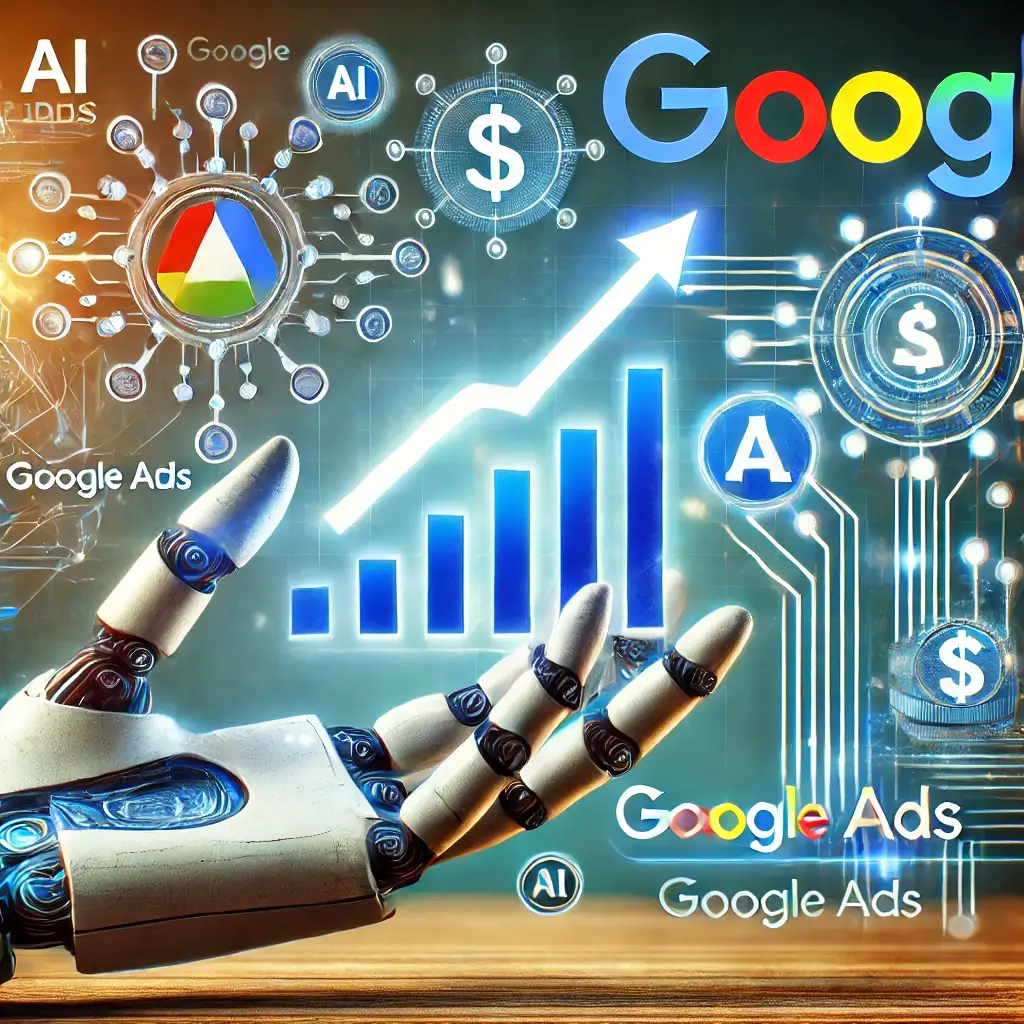The rising cost-per-click (CPC) rates for branded keywords on Google Ads present a formidable challenge for businesses trying to maintain efficient advertising strategies. This sharp increase in CPC rates, particularly prominent in sectors like legal services, reflects a significant shift in Google’s approach to revenue generation and has broader implications across industries.
Recent analyses point out that branded keywords—historically a cost-effective tool for capturing brand-specific customer interest—are now experiencing inflated CPCs. For example, the legal sector, which once paid approximately $1 per click in 2018 with an impressive 20% conversion rate, now faces CPCs that have surged tenfold paired with a declining conversion rate. This transformation has significant implications for marketing budgets and strategy planning in service-oriented industries.
Central to this shift is Google’s intensification of revenue-focused strategies, chiefly through AI-facilitated advertising mechanisms. Google’s newly implemented Performance Max campaigns and AI-driven auctions amplify competition over branded terms and induce reliance on Google’s automated advertising systems. This transition often leads to elevated costs and demands a critical reassessment of advertising methods.
Google’s introduction of highly competitive advertising features, like Local Service Ads, Broad Match and Smart Bidding, and Performance Max Campaigns, significantly disrupts the landscape for branded terms. These features escalate the noise for branded queries, influencing costs and complicating advertisers’ abilities to modulate spending. Additionally, Google’s AI-driven systems blur the lines between branded and non-branded keywords, further driving up expenses and complicating targeting efforts.
Two crucial developments exacerbate the situation: the introduction of new brand settings in August 2023, causing CPC spikes, and Google’s “search themes” feature, which employs AI to expand keyword coverage. These developments add complexity and expense for businesses already vying for visibility in search results under their brand name.
As businesses grapple with these evolving dynamics, strategic shifts become imperative. Emphasis on audience-focused campaigns rather than sole reliance on keyword-centric approaches could offer a viable path forward. Businesses need to optimize their broader advertising strategy to navigate this intricate landscape effectively.
Key insights from the changing scenario include:
- Impacts on Business: Higher CPCs for branded keywords demand increased advertising spend to reach interested customers.
- Strategic Adaptation: Reconfiguration of advertising strategies, pivoting towards audience-focus over keyword-centricity, may mitigate cost impacts.
- Competitor Presence: Rising competition for branded terms necessitates rethinking traditional advertising approaches.
- AI-Driven Noise: Google’s AI systems inadvertently cause a spillover effect, affecting the relevance and costs of advertising on branded terms.
The current trajectory of Google’s ad model, heightened by advancing AI technologies, necessitates agility and foresight in business strategy. This evolution underscores the urgency for businesses to adapt to a more sophisticated advertising environment, or risk inefficiencies and inflated costs.
Summary of Key Insights:
- CPC for branded keywords rising significantly
- AI-driven auctions increasing competition and costs
- Google’s revenue strategies intensifying advertiser challenges
- Strategic pivots necessary to maintain cost-efficiency
- Shift from keyword-centric to audience-focused strategies recommended

Leave a Reply